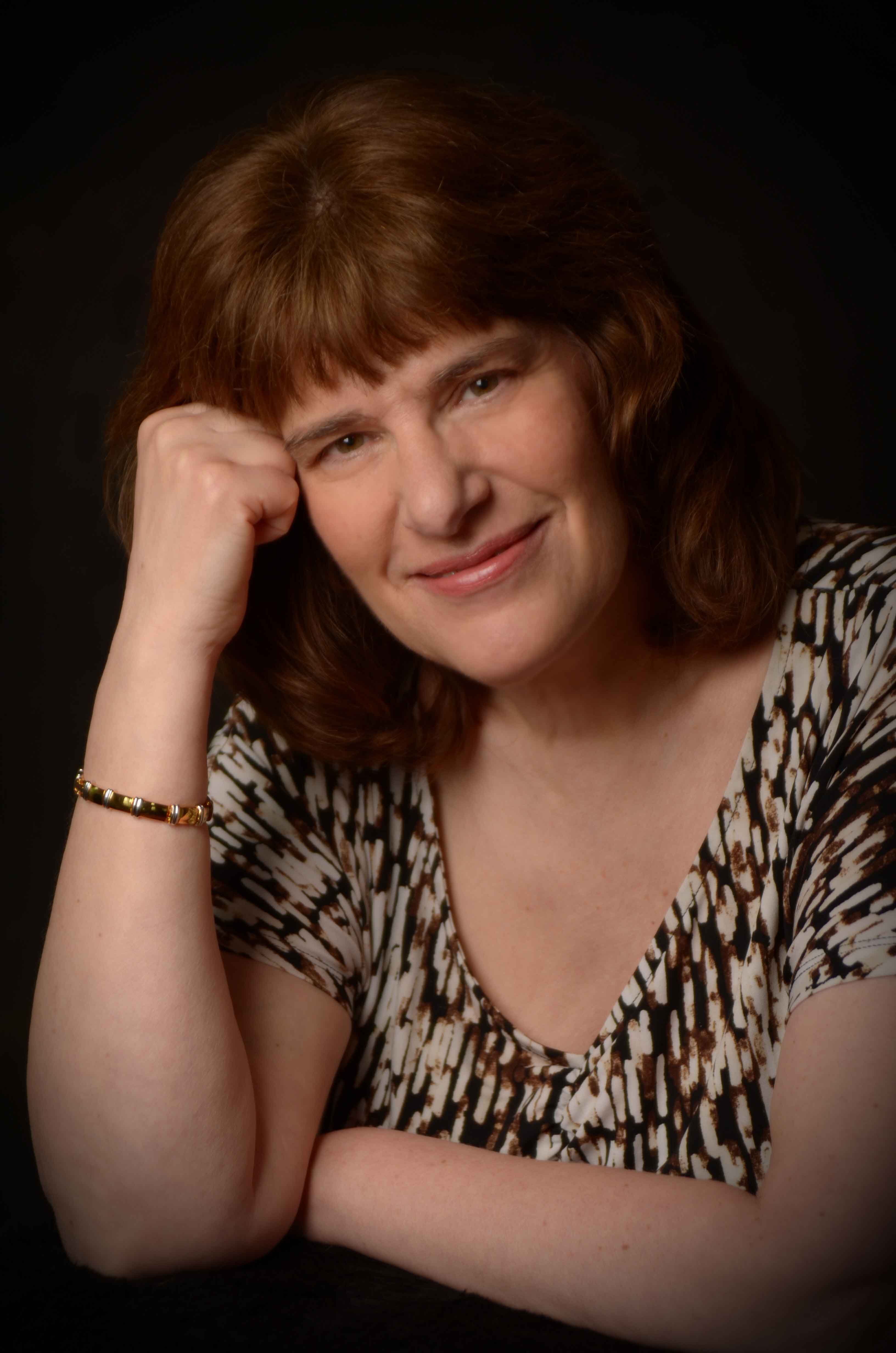It had been quite a while since I'd last seen her. Thus, when I walked into the living room of the nursing home, I was absolutely appalled. Somewhat small and fragile from the start, she must have lost at least an additional 40 pounds. Not only that, she was immobilized on a full-body chair, the like of which I had never seen before.
The sight of her was such a shock that for an hour and a half I just cried, while she, despite being lost in a fog of dementia, patted my hand and tried to comfort me. When she had left Connecticut in 2012 she was a feisty, loud-mouthed, opinionated old lady; now she was a shrunken gnome tied to a chair. Within two weeks of my visit, she died.
So what happened?
My mother was abused in a way that is typical of what is going on as boomers dispose of their elderly parents.
I had a sense that the situation was going south the moment my sister put my mother onto an Alzheimer's unit at Meridian Village in Illinois. It was a locked unit.
As soon as my Mom was safely secured in the unit, my sister and her family immediately went on a lengthy vacation. My mother was stunned. My Mom thought she'd be living in my sister's basement apartment experiencing the good life. She couldn't have been more wrong.
How did my sister get the power to do such a thing, you might ask? Unknown to me, in the years prior to my father's death in 2009, Belinda conducted what you could only call a love-bombing campaign where she inveigled herself into all aspects of my parents' lives. Thus, when my father died, it turned out that my parents had naively appointed her as power of attorney, which gave her total authority.
Complicit with my sister, the staff at Meridian Village immediately tripled the antipsychotic medication that my mother was taking although she was a small, elderly lady of only 110 pounds. When I found this out, I protested to Ms. Beth Sahuri, Director of Nursing, and gave her a 2011 report from the U.S. Department of health and Human Services indicating that the use of antipsychotics in the elderly with dementia can often lead to early death. She ignored it.
I agree that my Mom was an opinionated, annoying, demanding older lady who often got on my nerves. For instance, when she was living with me she'd sometimes wake me up at 6:00 in the morning and demand a home-cooked breakfast right away. At one point, she visited our neighbors to let them know that I was a mean daughter. My mother could also hit people. Still, she was so fragile that there is no way that her "hitting" could have had any more impact than a light pat on the arm.
Her medical team at the University of Connecticut didn't consider such behavior grounds to increase her medication, stating, "We feel that the patient's symptoms are adequately controlled on the current regimen and that the risk of patient fall, daytime somnolence, and possible hypotension is sufficient reason to not add any further medication."
Meridian Village, however, continued to over-medicate my Mom, and kept her in bed to the point where her feet became swollen and developed ulcers. Not only that, despite my protests, the psychiatrist at Meridian Village, Dr. Sanjay Nigam, raised my mother's medication even further, and for the remainder of her time there my mother received major doses of Seroquel, Buspar, Remeron, Trazodone, Depakote, Abilify, and Lamictal, etc.
How did the doctor justify this? He simply changed her diagnosis!
Throughout 2011, the University of CT diagnosed my mother with Mild Dementia, and Major Depressive Disorder notably without psychotic features. The Institute of Living, which did an additional evaluation, specifically stated that she had "no frank delusions." In contrast, at Meridian Village, her doctor expanded my mother's diagnosis to include borderline personality disorder, bipolar disorder, and schizoaffective schizophrenia. He said my mother was hallucinating and psychotic.
How is it possible that within six months of being at Meridian Village, my mother's diagnosis changed from depression without psychotic features to depression with psychotic features? Furthermore, how did my mother, at the advanced age of 83, suddenly develop three major diagnoses she'd never had before in her entire life?
I'm not the only person who questioned the way my mother was being over-medicated. Two consultant pharmacists filed reports for the record deploring the use of antipsychotic medication with my mother as a form of restraint. My Mom's doctor simply brushed off these precautions, stating, "The patient is psychotic."
(Note: You can view every article as one long page if you sign up as an Advocate Member, or higher).






